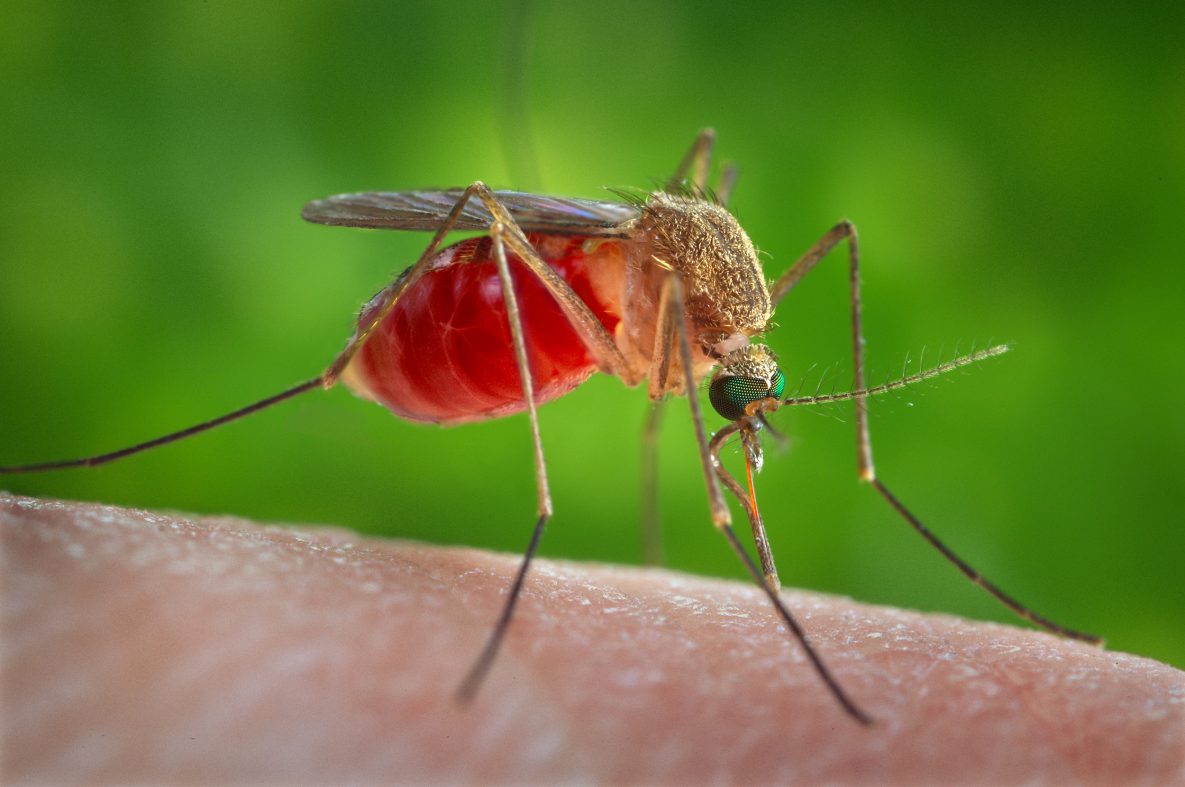Date issued: 6 April 2022 (update to 11 March 2022)
Issued by: Associate Professor Deborah Friedman, Deputy Chief Health Officer (Communicable Disease)
Issued to: Health professionals, residents and visitors in north and north western Victoria.
Key messages
- Japanese encephalitis (JE) virus can cause a rare but potentially serious infection of the brain and is spread to humans through mosquito bites.
- JE virus has been detected in pigs in Victoria, New South Wales, Queensland and South Australia.
- JE virus has been detected in mosquitoes in several locations in Victoria.
- Most JE virus infections are asymptomatic, however those with severe infection (less than one per cent) may experience headache, vomiting, disorientation, seizures, coma, and permanent neurological complications or death. Anyone experiencing these symptoms should seek urgent medical attention.
- There are now 9 confirmed and 2 probable cases of Japanese encephalitis infection in Victoria. Clinicians must consider and test for JE virus and other arboviruses in patients with unexplained encephalitis and aim to exclude JE virus along with other more common causes such as Herpes Simplex Virus (HSV), Varicella Zoster Virus (VZV) and enteroviruses.
- Clinicians should notify the Department immediately of suspected cases by calling 1300 651 160 (24 hours).
- Avoid mosquito bites by using mosquito repellent containing picaridin or DEET on all exposed skin. Wear long, loose fitting clothing when outside, and ensure accommodation, including tents, are properly fitted with mosquito nettings or screens.Read the full Alert: Japanese encephalitis virus detected in Victoria.





